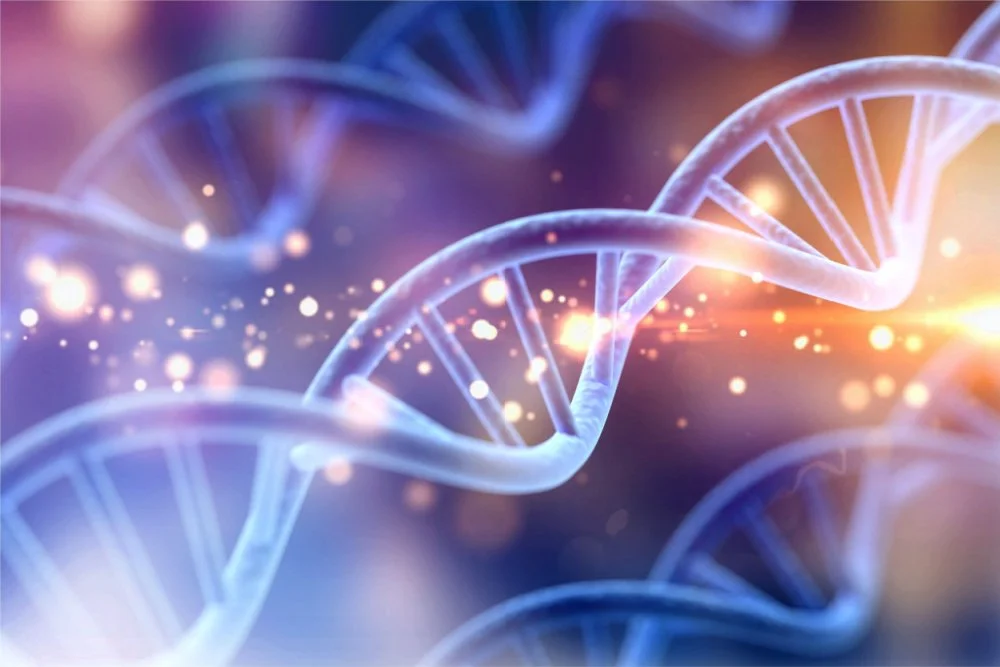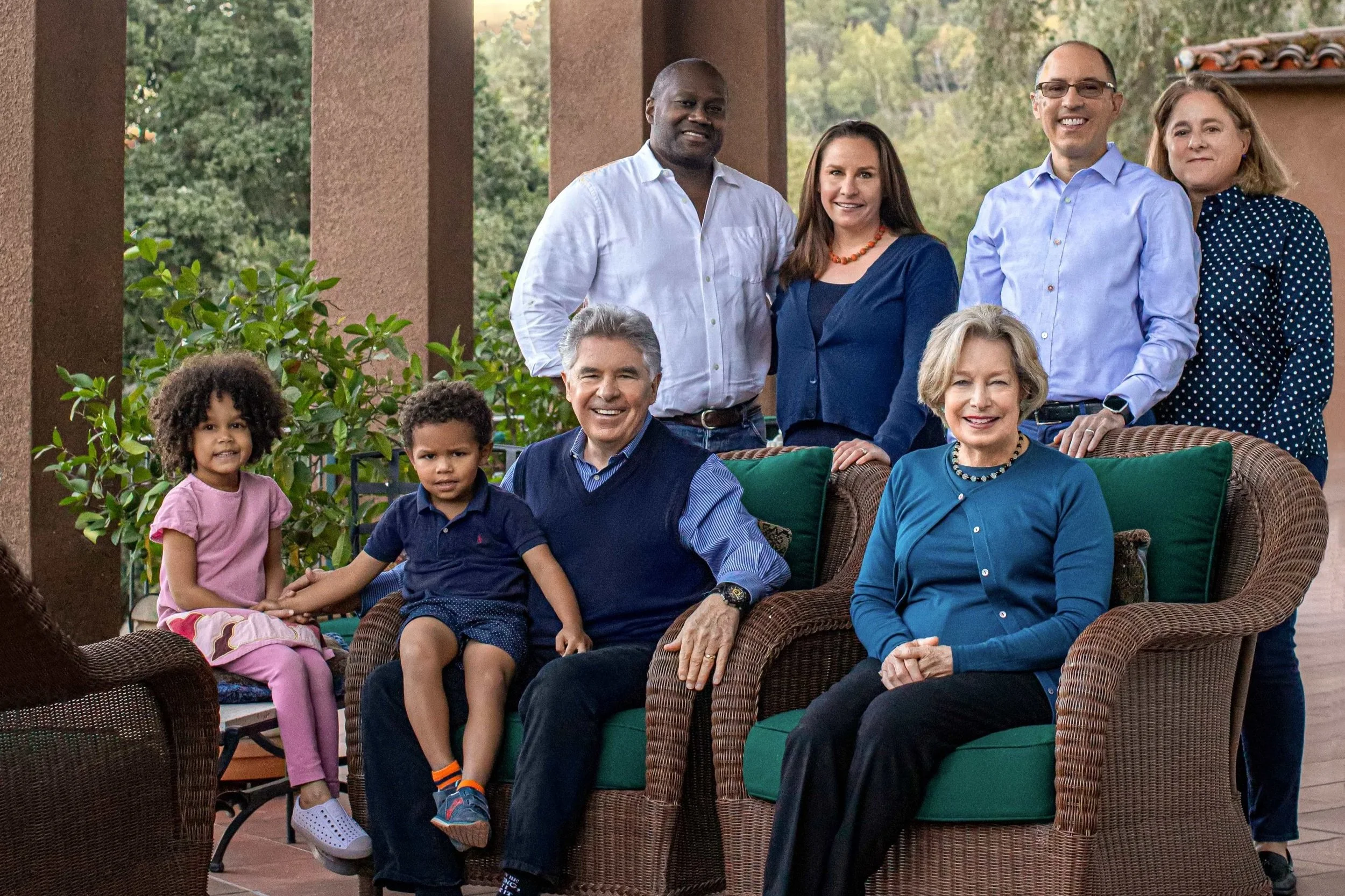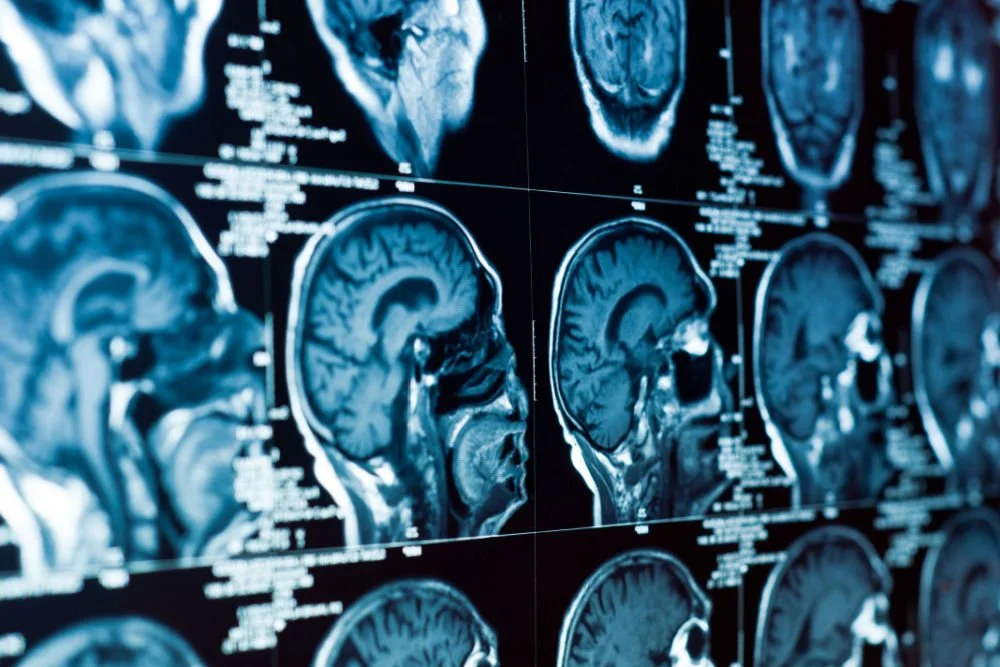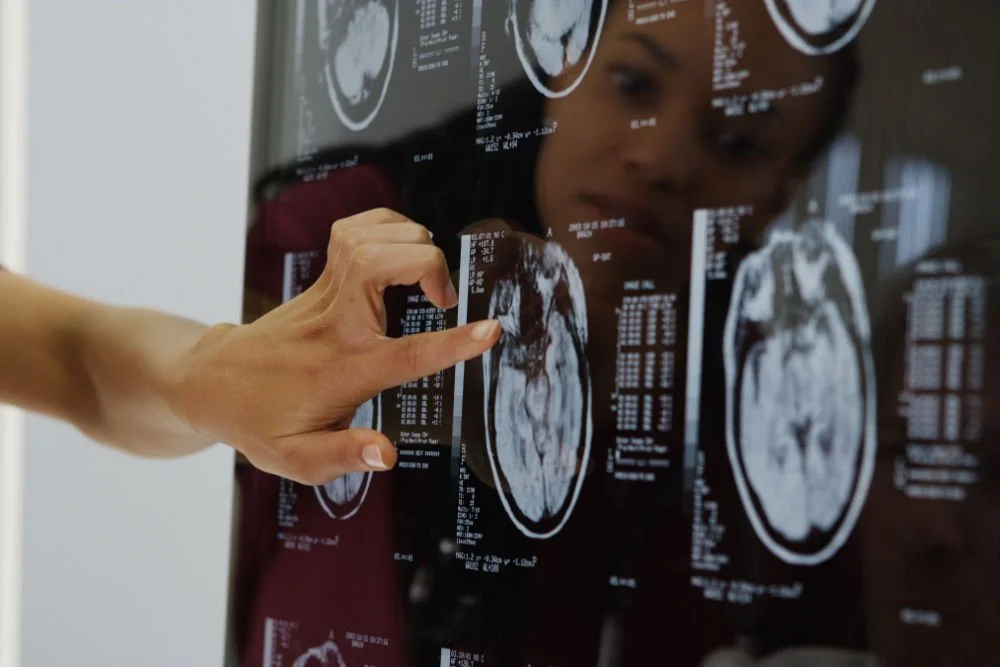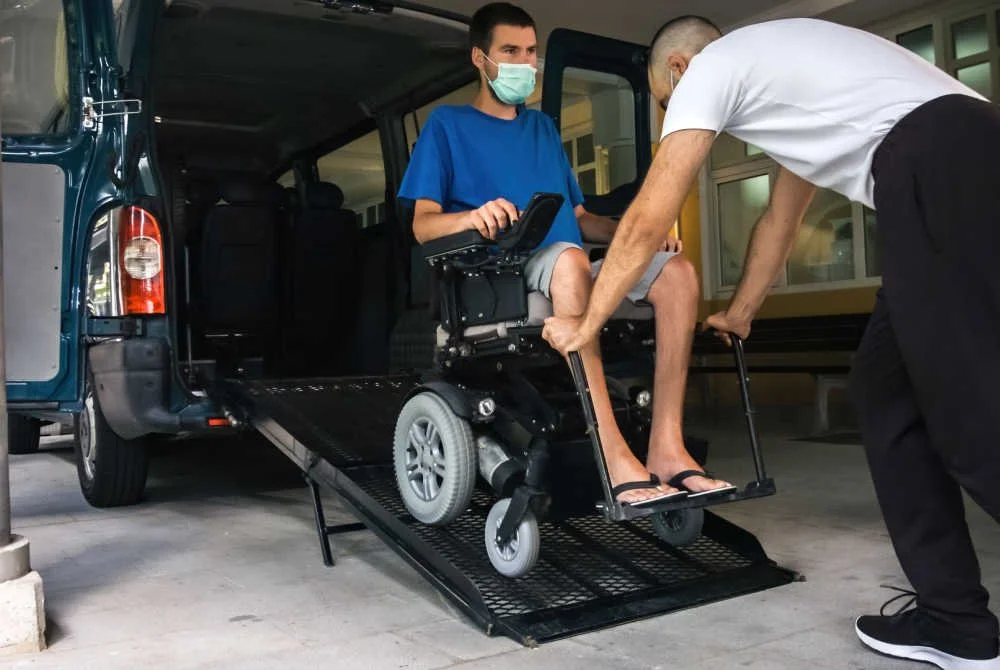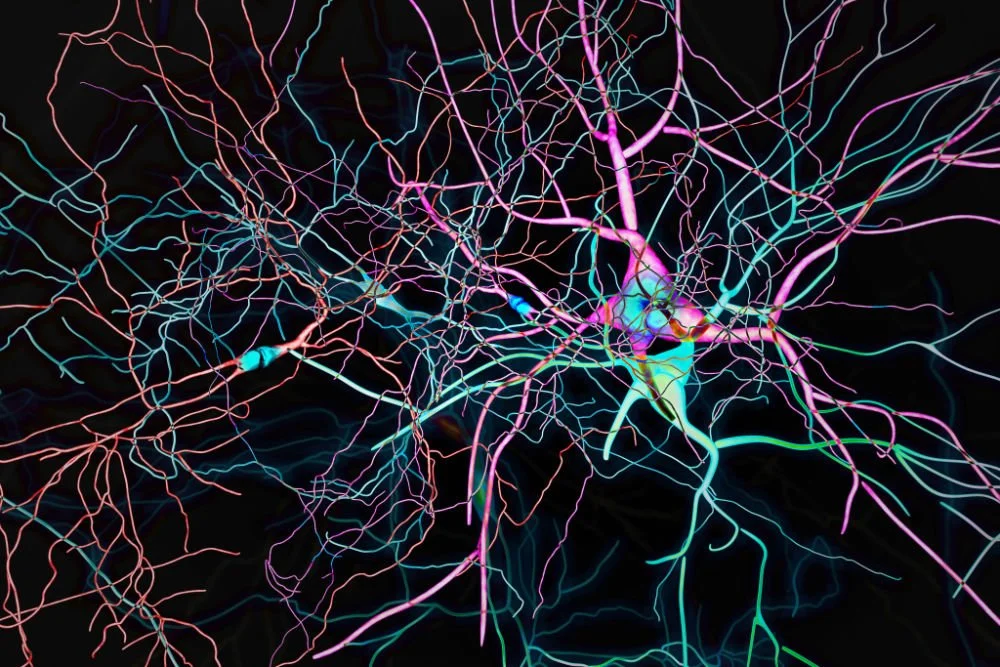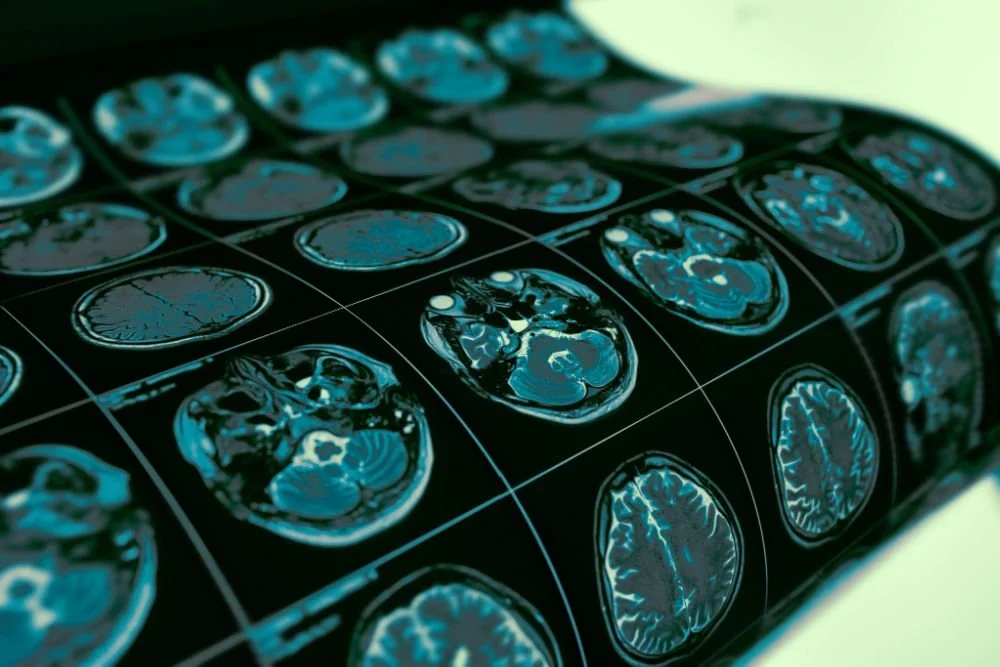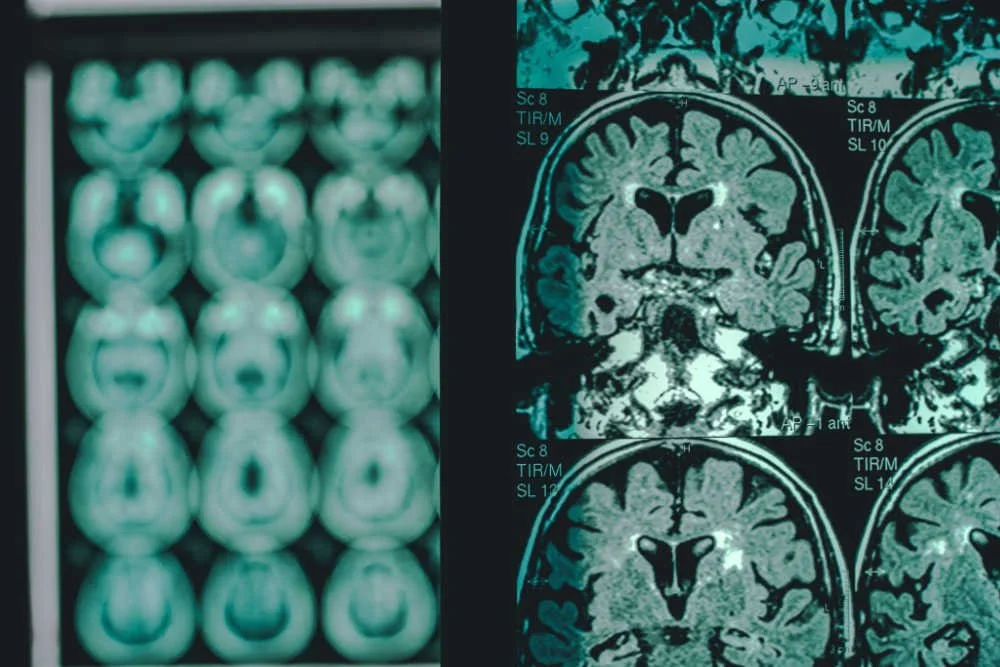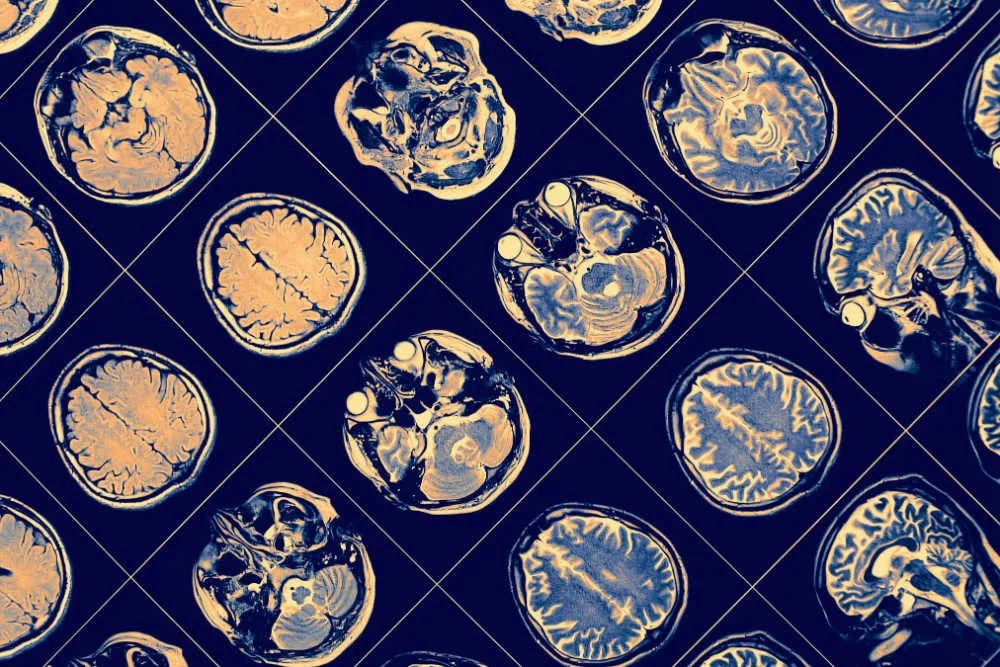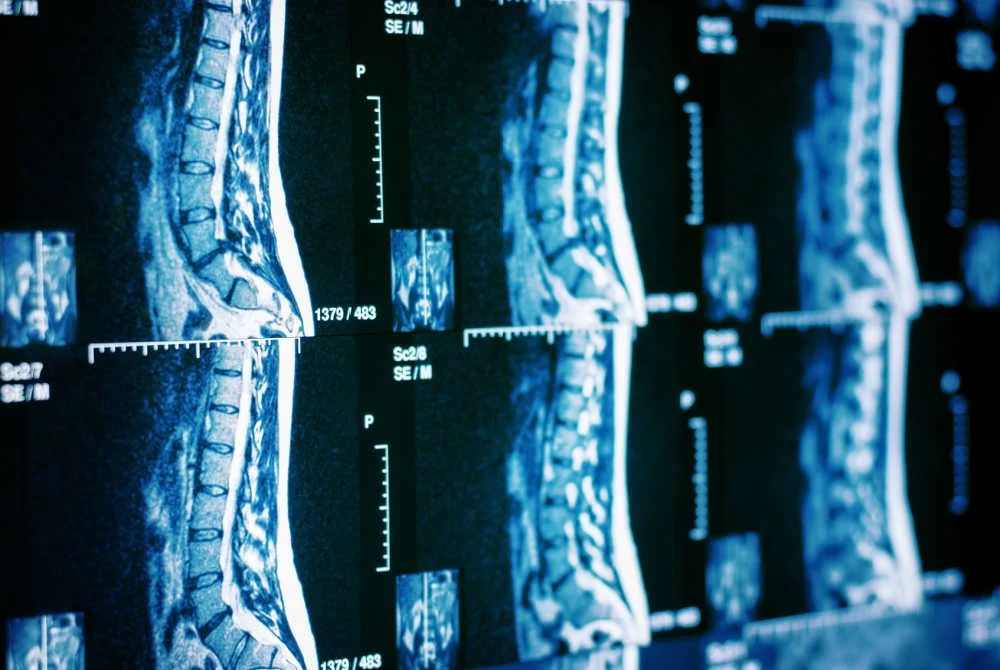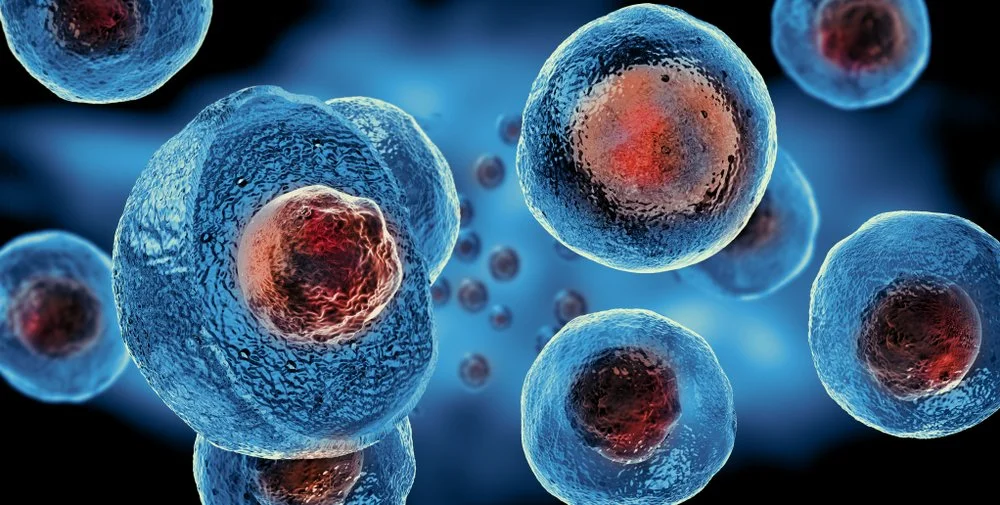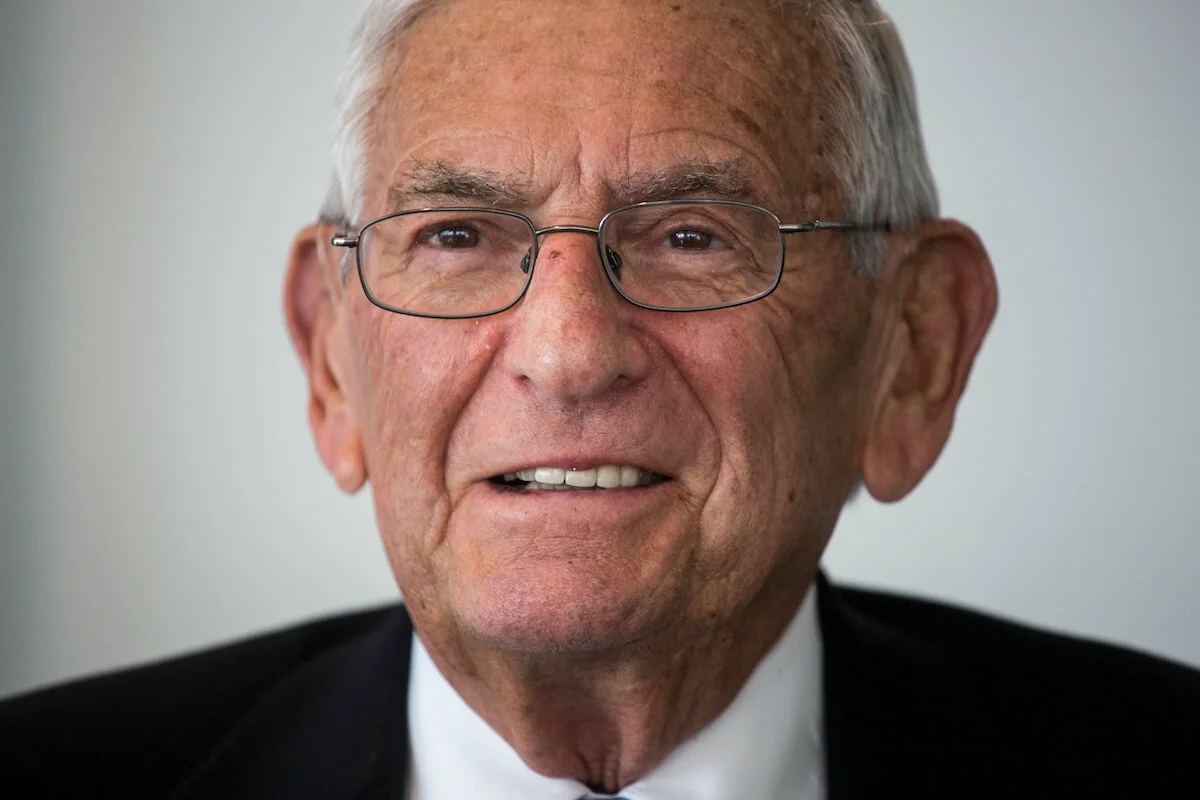New Money, New Momentum: Alzheimer's Research is Getting a Boost
/Photo: Chinnapong/shutterstock
It's starting to look like a good time to be an Alzheimer's researcher—at least, a good time to be seeking research grants. We've been seeing steady interest by givers committing millions to study dementia, some in the form of venture philanthropy, such as the Dementia Discovery Fund (DDF), which we wrote about recently.
Last week, the Alzheimer's Association announced that its Step Up the Pace campaign has raised $109 million since 2014 in support of efforts to accelerate research on Alzheimer's. Gifts ranged from $100,000 to $5 million from nearly 140 individuals, corporations and organizations.
With Alzheimer's inflicting a rising human and financial toll on the U.S. population, donors are finally beginning to pay more attention. For example, last year, Ric and Jean Edelman, a couple who made their money in finance, pledged $25 million to fund a competition through the XPrize Foundation on finding new approaches to detecting, treating and curing Alzheimer’s. Also last year, David Geffen gave $10 million to the Association for Frontotemporal Degeneration (AFTD), a form of dementia, in honor of his friend S.I. Newhouse, who suffered from the disease. The money is for a new AFTD fund, the David Geffen Fund. And earlier this year, we reported on the Alzheimer’s Germ Quest, a $1 million award competition from a medical newsletter publisher named Leslie Norins. The money will go to the first researcher that can find persuasive evidence of the bacterium, virus or other microbe that causes Alzheimer's.
Meanwhile, a number of smaller institutional funders, including the GHR Foundation and Geoffrey Beene Foundation, have been working to increase their Alzheimer's giving. Another longstanding player in this space, the BrightFocus Foundation, has also upped its research grantmaking in recent years.
Now, a new initiative joins the list, this one backed by Bill Gates and Leonard Lauder, co-founder of the Alzheimer’s Drug Discovery Foundation (ADDF). They recently announced a $30 million research initiative called the Diagnostics Accelerator to find biomarkers for detection and diagnosis of Alzheimer's and other forms of dementia. Other philanthropists, including the Dolby family and the Charles and Helen Schwab Foundation, have also committed funds to the initiative.
In a press release, the players say the venture philanthropy vehicle "will strike a balance between taking more risks than traditional venture capital funds and being more focused on developing real products for the marketplace than basic research funded by governments or charitable organizations."
Related: Can a Venture Philanthropy Model Disrupt Dementia Research?
As we've noted, scientists have struggled to develop treatments for Alzheimer's and dementia. Biomarkers aren't cures, but they're necessary to the search—according to ADDF, the current insufficient toolbox of biomarkers is one of the key barriers to the development of treatments for Alzheimer’s disease.
Noninvasive tests for easily measured disease markers—a simple blood test, for example—are needed to determine the effectiveness of drug candidates, to monitor progress of patients and their response to therapies, and to improve clinical trials.
Related: Between Lab and Lifesaver: Cash to Cross the Valley of Death on Alzheimer's
It's significant that Bill Gates, the planet's top philanthropist, has joined the biomarker initiative. In November of 2017, when Gates announced his intention to invest in Alzheimer's research, he acknowledged a personal connection: Men in his family have had the disease. But he also spoke of the sheer numbers, in terms of human impact as well as dollars, for a disease that's only going to become more common and more expensive as the population ages—unless better treatments can be developed. According to some estimates, the annual financial costs of Alzheimer's will reach $1 trillion by 2050 in the U.S. alone.
Gates started off last year by investing $50 million in the Dementia Discovery Fund, which searches for new drug candidates to treat and prevent dementia. His new investment in the Diagnostics Accelerator should come as no surprise: It's in keeping with his original statement, when he cited the search for biomarkers as one of five areas of interest.
The others were: basic research into the brain and how Alzheimer's unfolds, approaches to stopping the disease, getting more people enrolled in clinical trials, and better use of research data (that last one makes sense coming from a technology mogul). Going forward, it's a reasonable bet that Gates' future investments in Alzheimer's will follow the general directions he outlined in that earlier statement.
What's less clear is how extensive Gates's financial commitment in this area will be. As we've noted before, Alzheimer's has so far lacked a major billionaire champion—like the way that James Simons has focused on autism, giving hundrds of millions of dollars for research on this condition. If Gates were to take on a similar role for Alzheimer's, it could be a game changer.





